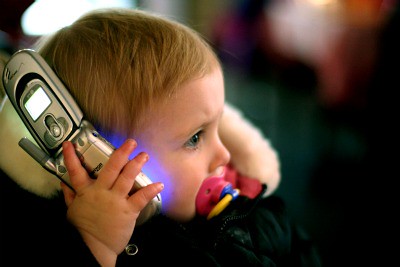Mobile Phone and Games Console Filtering Links
Yesterday I blogged about the European internet safety report, and in particular how children might safely use mobile phones and games consoles to access the internet. So I made a trawl of the mobile phone and gaming console websites to see what each of the companies say about filtering internet access for young people and parental controls. I've listed below links to the relevant parts of their websites. A very useful task, for instance, perhaps naively I didn't realise that the various mobile phone networks have been unable to filter Blackberry handsets. Quite a potential problem considering the numbers of young people who use a Blackberry. However, the Orange website does say that by July 2012 something will be in place to filter these devices if needed.
This could be a useful list to share with parents?
Mobile phones:
O2 - Mobile phone and age verification / Block or unblock 18+ content
T Mobile - Content Lock
Vodafone - Content Control
Orange - How can I block mobile content?
Tesco - Parental Controls
UK Safer Internet Centre - Smartphones
Gaming Consoles:
Xbox - Parental Controls
Sony - Playstation Knowledge Centre for Parents
Nintendo DSi and DSi XL - Parental Controls
Nintendo Wii - Parental Controls
Nintendo 3DS - Parental Controls
UK Safer Internet Centre - Games Devices
 |
| Photo from Flickr user Pauly |
Mobile phones:
O2 - Mobile phone and age verification / Block or unblock 18+ content
T Mobile - Content Lock
Vodafone - Content Control
Orange - How can I block mobile content?
Tesco - Parental Controls
UK Safer Internet Centre - Smartphones
Gaming Consoles:
Xbox - Parental Controls
Sony - Playstation Knowledge Centre for Parents
Nintendo DSi and DSi XL - Parental Controls
Nintendo Wii - Parental Controls
Nintendo 3DS - Parental Controls
UK Safer Internet Centre - Games Devices

Comments
Post a Comment